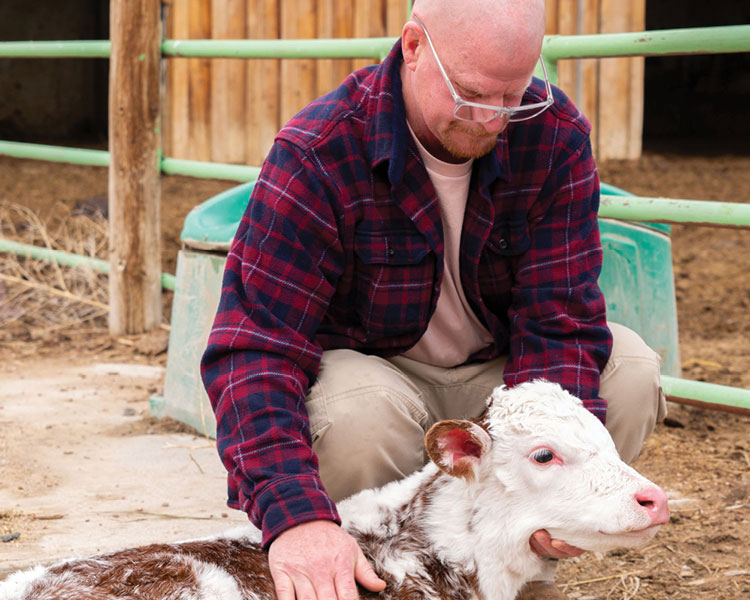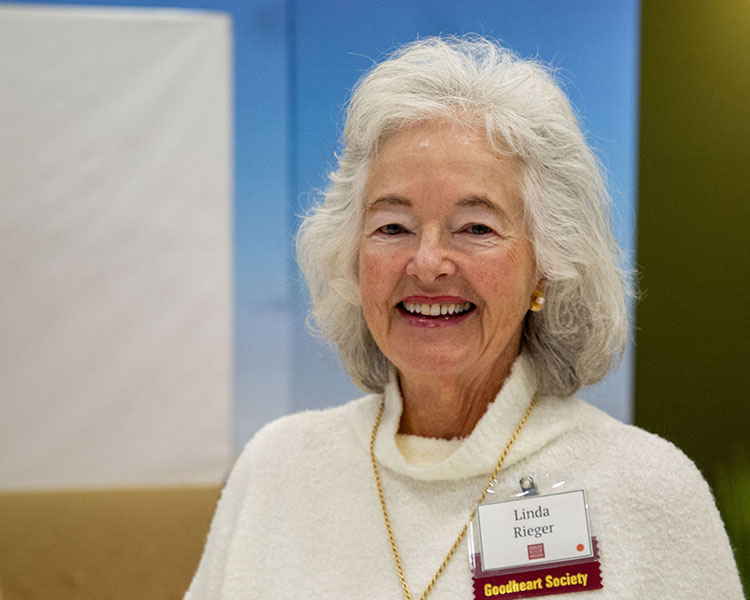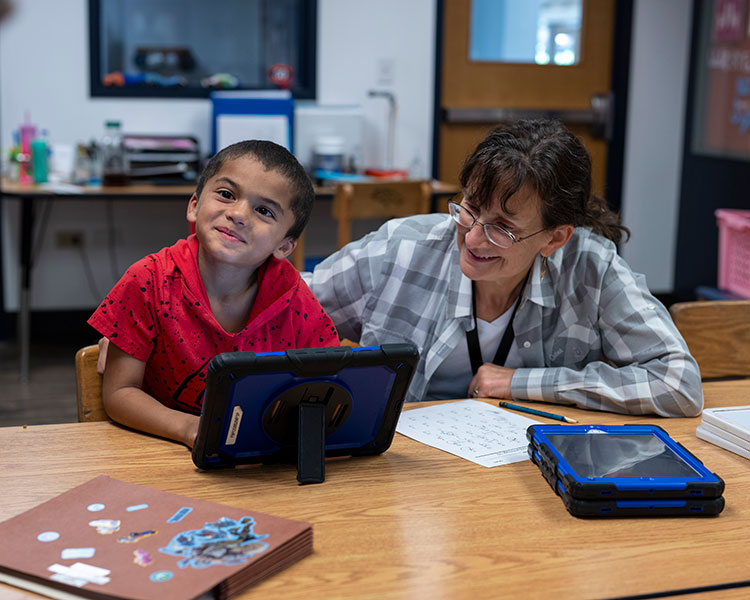Did you know that April is National Alcohol Awareness month? Substance abuse is something we see frequently in Denver Rescue Mission’s New Life Program. Addiction can be all consuming and can drastically affect every area of someone’s life. However, our goal at the Mission is to ensure that every person who enters our New Life Program knows deep down that their addiction does not define them and that there is always hope for renewal and recovery.
This idea that “our mistakes do not define us” is important for us all to remember, especially those struggling with addiction. This verse from Psalms is one that our program participants reflect on often…

Participants in our New Life Program often come to us struggling with addiction, without hope and without any connection to a stable community. They also struggle with maintaining employment and finding a stable place to live. Their abuse of alcohol and other substances is often a pathway used to cope with deeper issues. Our program provides them with the chance to deal with those deeper issues head-on, reestablish positive relationships, maintain a stable living environment, give them a sense of purpose through work readiness, and, ultimately, lead them into a spiritual connection with God.
No one knows more about teaching others the love of God and the power of His forgiveness than our New Life Program staff. I sat down with some of our program staff to get their perspective on alcohol awareness.
“[Our] staff embraces the Mission’s mission statement of ‘Changing lives in the name of Christ.’ We tell our New Life Program participants that they have a purpose in life and that they are gifted to accomplish many things. The guidance of the Holy Spirit gives us the advantage to help our participants uncover and rediscover their gifts and guide them into becoming what God created them to be,” says Patrick Mary, Counselor & Clinical Supervisor at the Mission.
Every day in the New Life Program, which can last up to one and a half years, our participants are encouraged and counseled by our staff. One participant recalls life before the program, “Before, alcohol was killing me; today, I am really enjoying life, my wife, family sunrises, and sunsets. Finding God in the New Life Program has changed my life. Before, my work day was mundane; today, I am enjoying the work readiness program in the program. I have rediscovered the truth of enjoying work.”
Our New Life Program recognizes the wisdom of Alcoholics Anonymous and the 12-Step Program, which, in a way, become a part of what we do. A Recovery Support Group – facilitated by Patrick Mary – meets weekly to inspire discussion, mutual encouragement, bonding, and sobriety. Along with elective groups, each participant is required to attend individual counseling and group sessions. These sessions are designed to “dig deeper” into childhood trauma and other issues related to present-day addictive behavior.
“It is a joy to see the transformation that occurs when freedom from bondage is realized,” says Steve Swihart, New Life Program Graduate Chaplain.
“A misconception exists that addiction or homelessness is simply a matter of will-power or choice. This is not always the case. Each participant that we come in contact with has a story. Each story comes with layers,” says Austin Morrow, Next Step Community Coordinator.
“The first step in correcting these misconceptions is to listen. Not just listening to someone’s problems and immediately trying to find a solution but truly listening to someone’s story and understanding that there are more layers than what may be seen initially. Addiction and homelessness can be difficult to understand. It can be messy. But, through the love and grace of Christ, lives can be changed and misconceptions can be corrected,” adds Morrow.
“The Mission’s approach to helping people struggling with alcoholism isn’t going to be the right fit for every person who walks through our doors. But, over the years, I have seen so many lives change – fathers who reconnect with their children after years of being estranged, men who find newfound self-confidence and energy in their sobriety.”
This month, as we acknowledge Alcohol Awareness Month, it’s an important reminder that rehabilitation is a journey and it’s different for everyone. May we all listen a little more and judge a little less.
(Contributors to this article include Austin Morrow, Zach Titus, Patrick Mary, Stephen Swihart.)







